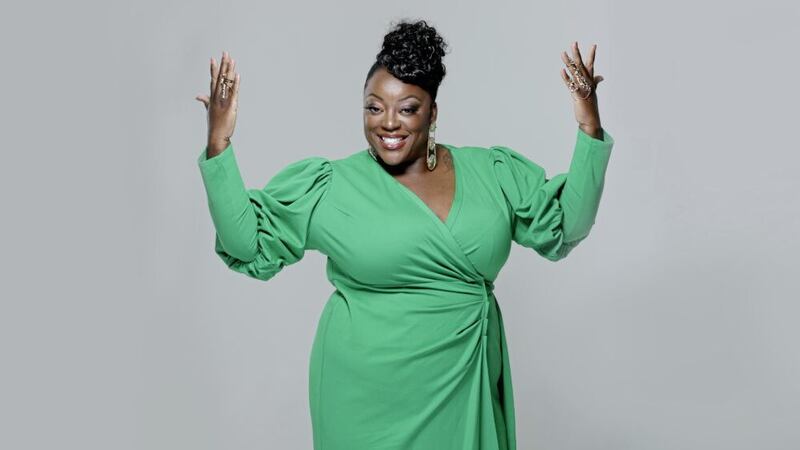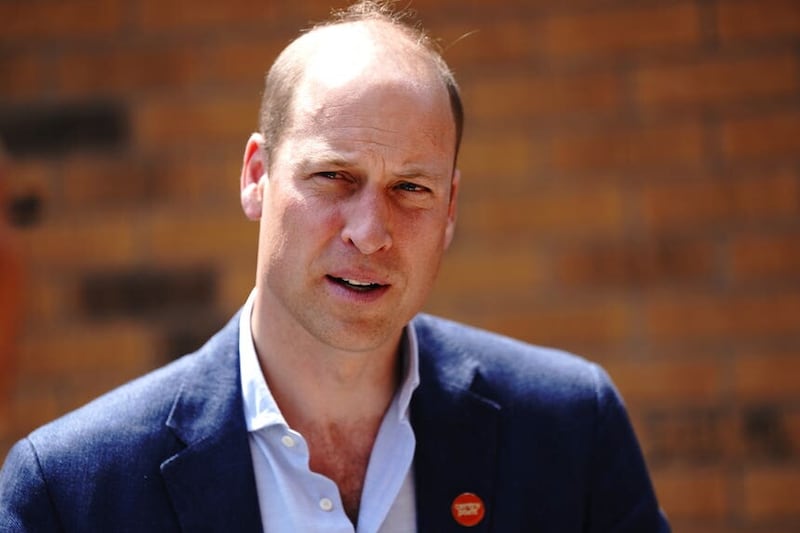Judi Love: Black, Female and Invisible
Channel 4, Monday
COMEDIAN Judi Love begins her documentary by stating she is "proud to be a woman, proud to be black and proud to be living my best life".
But as she looks back on her life, she reveals it has not always been that way.
"The chances of me as successful as I am are close to zero because the inter-sectional feeling of black and a woman results in a unique inner quality... that has become known as misogynoir," she says.
And it is that term 'misogynoir' – sexism towards black women and girls – that runs through Judi's documentary in which she highlights the inequalities experienced by black females.
Damning figures point to profound differences in health, education, work and other key aspects of life. Among the startling statistics the programme highlights is that 25 per cent more black women get prison sentences than white women for committing the same crime. Black women are also four times more likely to die from childbirth.
The Loose Women panellist sets out to discover the stories behind these statistics.
Through her humour, of which she has carved out a successful career, she addresses the social, political and economic barriers that black women face compared with their white counterparts.
Judi firstly meets four women who came together three years ago to launch a podcast, 'Black Mums Up Front', as a platform to discuss issues affecting black women and their children.
Natalie Duvall tells the documentary they "wanted to put black motherhood into the forefront – there was nowhere for black women or women who are raising black children to go to to ask for help", adding that they wanted to "give black motherhood a voice".
The former Strictly favourite agrees and believes support is needed for young black schoolgirls, who are often stereotyped as "aggressive" or "uncommunicative".
She travels to a school in Essex where they recognise the compexities of raising young black girls and have devised strategies to keep their pupils engaged in education.
With statistics revealing that black girls are twice as likely to be excluded from school as white girls and two and a half times more likely to be wrongly placed in a lower ability set in school, the documentary talks to girls impacted by these issues.
The young women describe their feelings of low self-esteem, leaving Judi "shocked that they actually felt like this in 2022".
"It made me quite emotional and want to make sure I have more conversations with my daughters, and young girls in general – you don't want them to face the same thing," she said.
But the comedy star has hope that things can begin to improve: "People are working together and trying to find ways that we can bridge a gap and get educated on both sides," she says.
It is clear that Judi wants to make a difference, particularly for younger generations of black women who come behind her. If black girls are to survive in the British education system, she says, more needs to be done.
It is an emotional journey that Judi embarks on. She recognises that she has managed to defy the odds stacked against most black women living in the UK today, she knows that she has gone further than others, but she wants to bring about change for others.
She is determined that the shocking inequalities in education, work and healthcare should not be faced by black women any more and she hopes her documentary will open a wider conversation.







